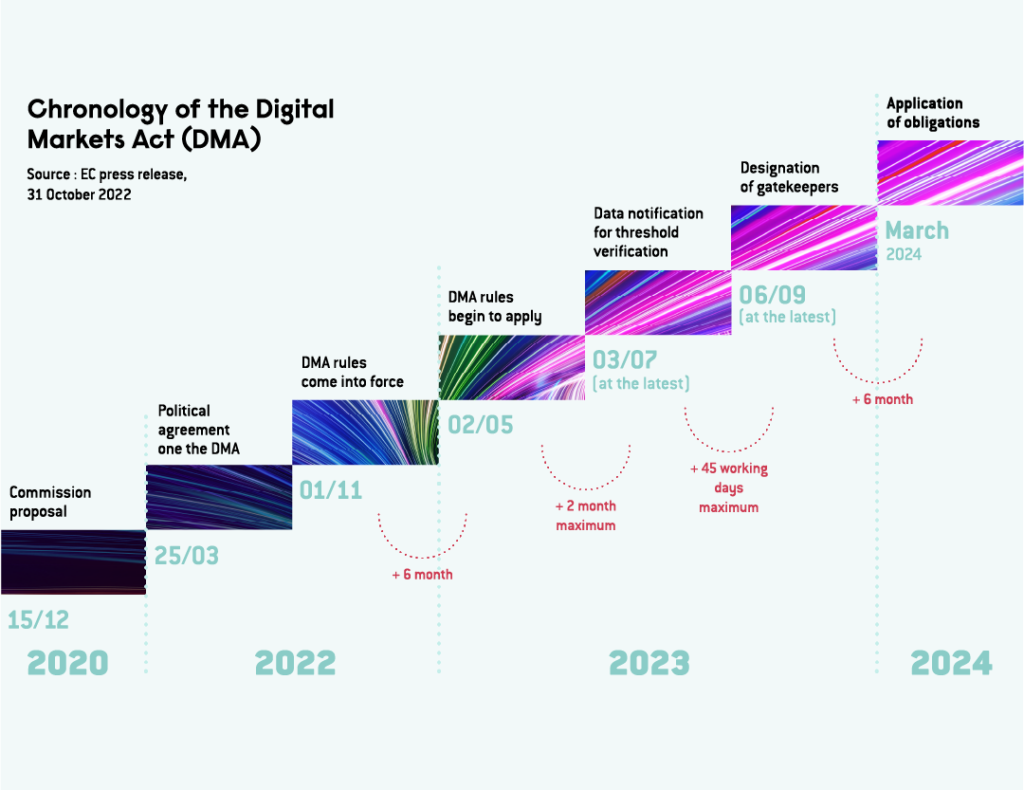MERGER CONTROL
Remedies are sometimes necessary to protect the companies, partners or customers of the new entity
Merger control has a crucial impact on business life.
The purpose of such control is to ensure that the planned merger will not cause excessive harm to competition that is likely to have detrimental consequences not only for end consumers (drying up of competition, with the risk of price rises in particular), but also for companies operating upstream or downstream of the new entity, or active in related markets. When the risks are proven, the completion of the planned transaction may be subject to conditions, i.e. remedies, which most often take the form of commitments by the parties.
This was the approach adopted in 2022, for example, during the review of the acquisition by Française des Jeux of Aleda, a company specialising in global cash register solutions for convenience stores, particularly tobacconists and newsagents. Behavioural remedies were deemed necessary to avoid the risk of the new entity implementing several strategies which would have led to the foreclosure of Aleda’s competitors (strategies involving the subordination of approval, coupled offers, technological bundling and damage to interoperability) (Decision 22-DCC-219 of 14 November 2022).
In some cases, the search for appropriate remedies to outweigh the negative effects of the merger is unsuccessful, and the scale of the commitments required would render the planned transaction devoid of substance. As a result, in the TF1/M6 case, the market power of the two players combined led to a strong risk of higher prices for advertising space, to the detriment of advertisers, as well as a risk of higher remuneration likely to be demanded by the new entity from Internet service providers, and the commitments proposed by the parties did not appear sufficient to remedy the problems identified. Bouygues finally decided to withdraw its clearance request on 16 September 2022 (see Press release of 16 September 2022).





